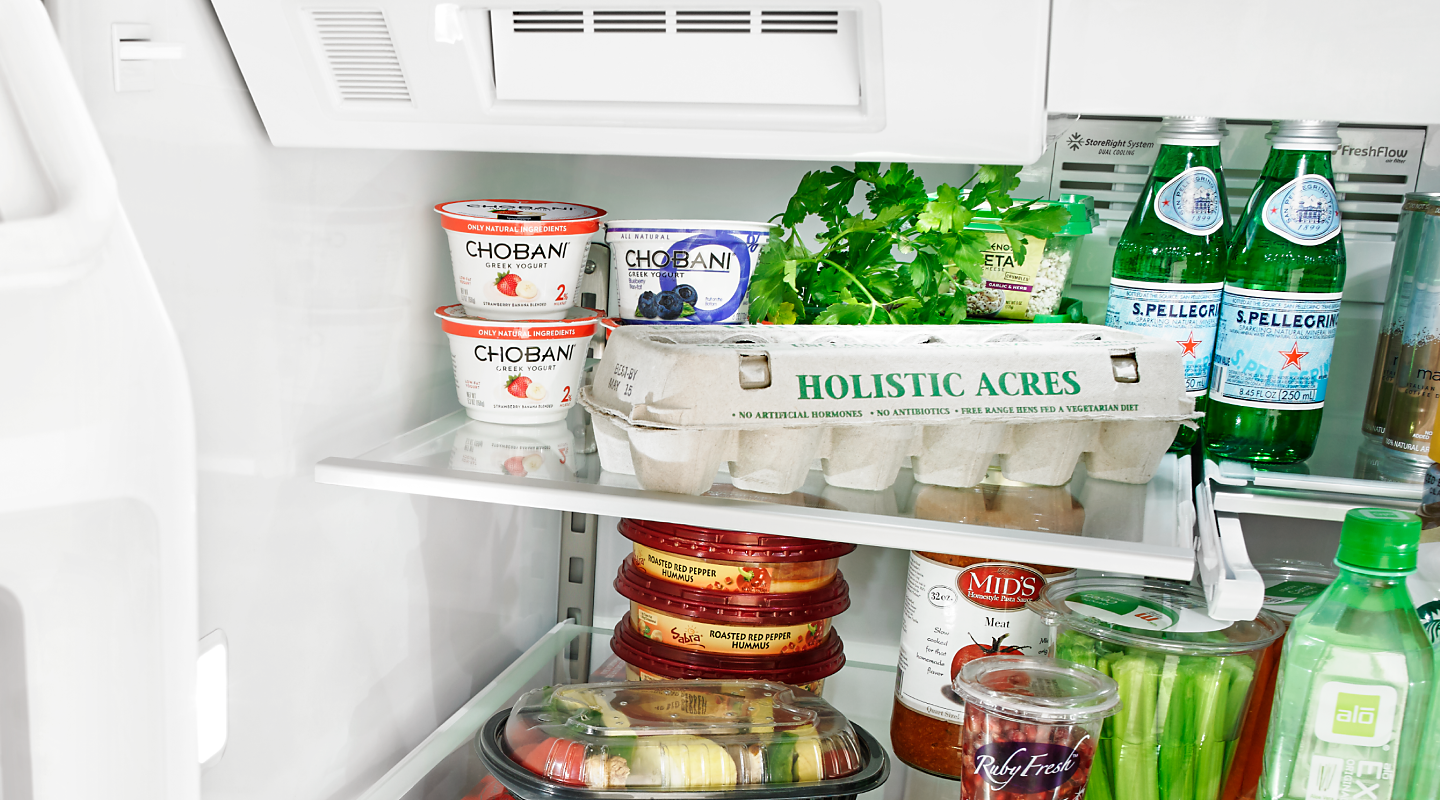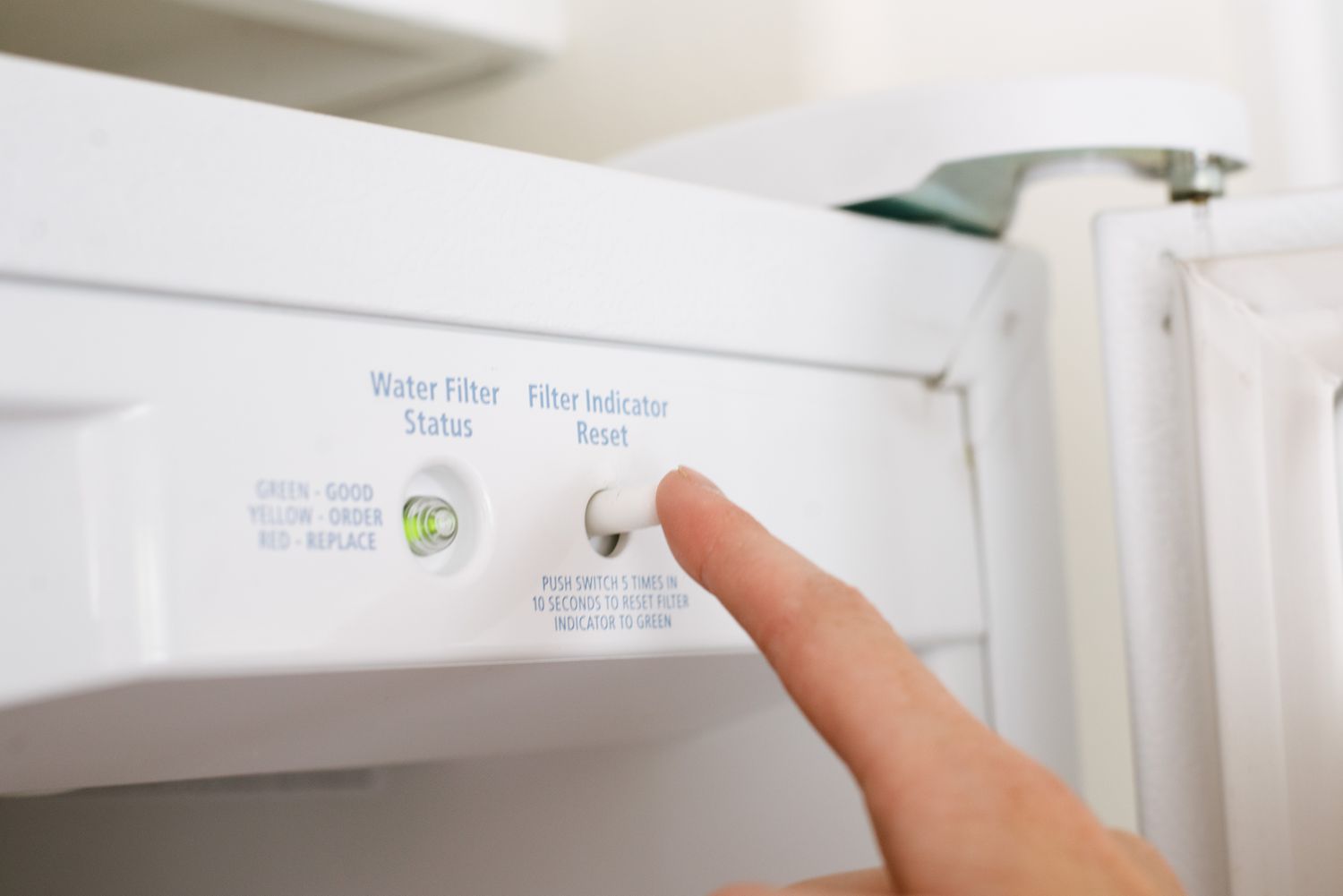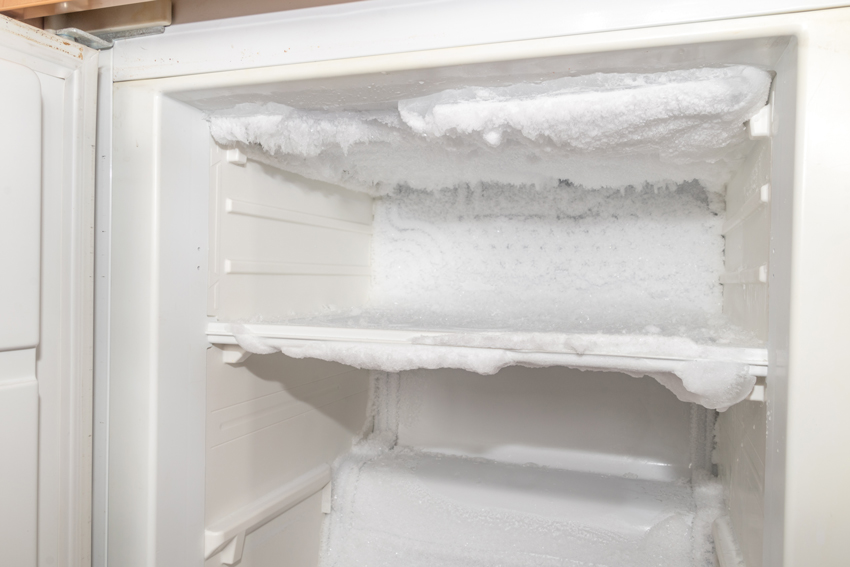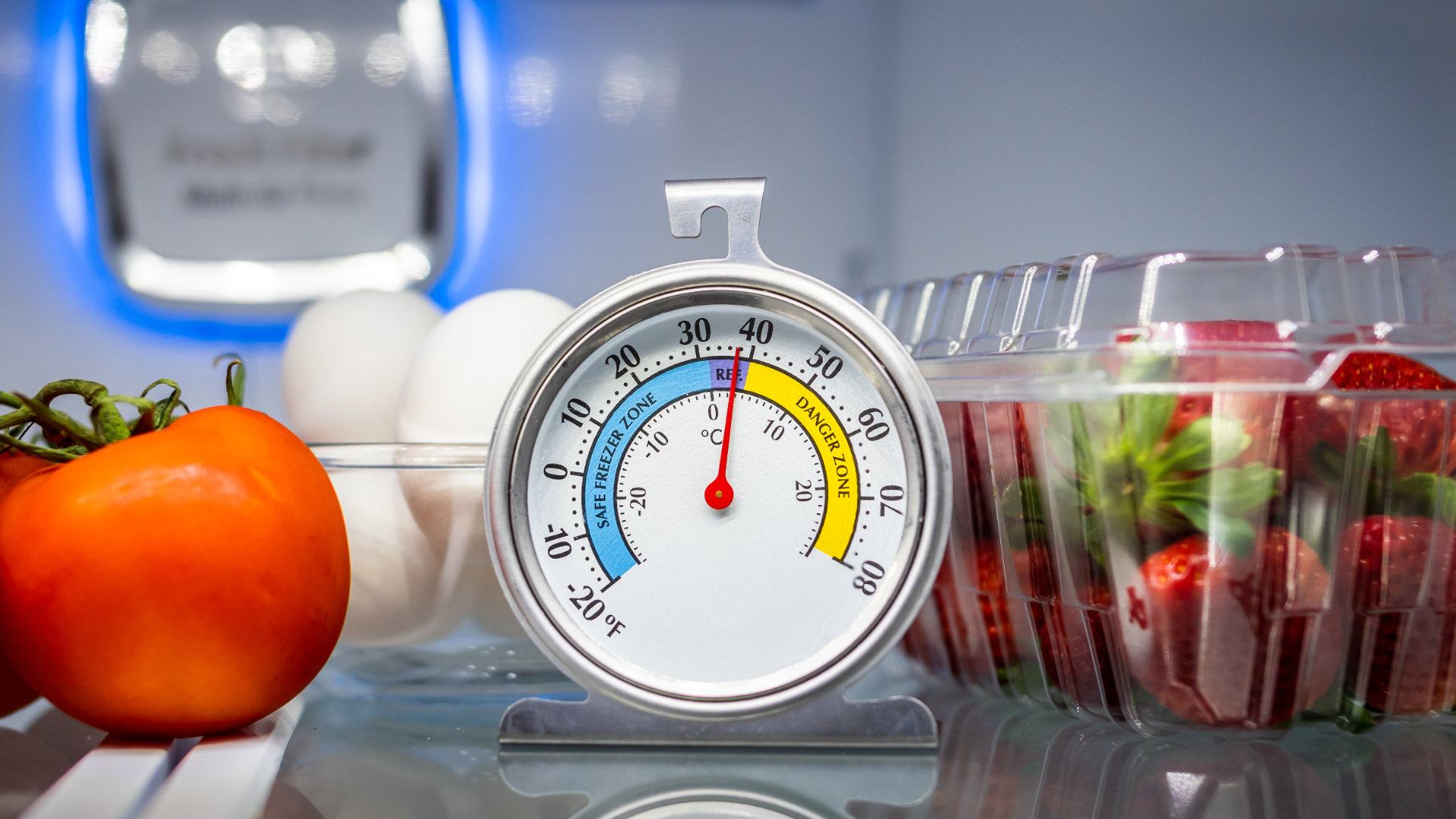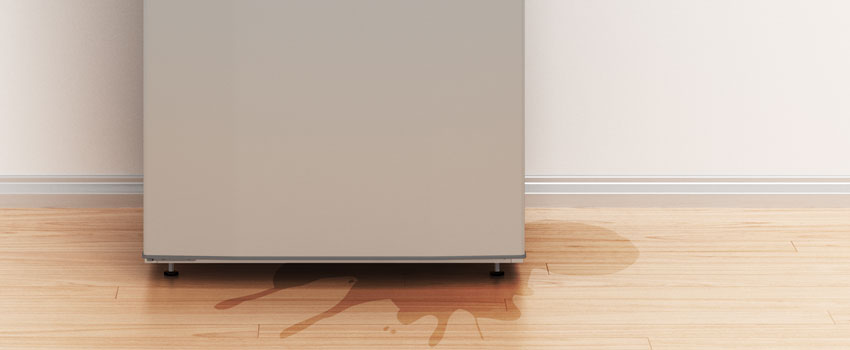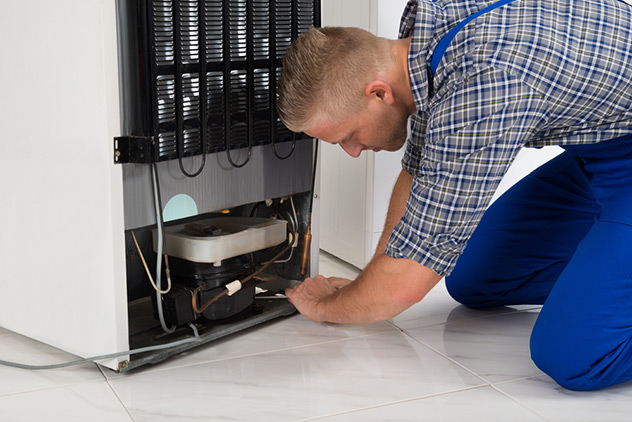A noisy fridge can disrupt your household peace and indicate potential issues with the appliance’s functioning. While some level of noise is normal, excessive or unusual sounds may signal underlying problems that need attention. Understanding the common causes of fridge noise, along with appropriate troubleshooting steps, is essential to restore tranquility and ensure the proper functioning of your appliance. Here’s what you need to know:
Common Causes of Noisy Fridges:
- Compressor Noise: The compressor is responsible for circulating refrigerant and is a vital component of the cooling system. Noises such as buzzing, humming, or rattling may indicate issues with the compressor, such as worn-out parts or improper mounting.
- Condenser Fan Motor: The condenser fan motor helps dissipate heat from the fridge’s condenser coils. If the fan motor is malfunctioning or experiencing issues, it may produce loud or unusual noises, such as grinding, squealing, or clicking sounds.
- Evaporator Fan Motor: The evaporator fan motor circulates cold air from the freezer to the fridge compartment. If the fan motor is faulty or obstructed, it may produce noise, such as a loud buzzing or whirring sound.
- Ice Buildup: Excessive ice buildup on the evaporator coils or within the freezer compartment can cause the fridge to make unusual noises, such as cracking or popping sounds, as the ice expands and contracts.
- Loose or Faulty Components: Loose or faulty components within the fridge, such as shelves, drawers, or internal panels, can rattle or vibrate, producing noise when the fridge is running.






